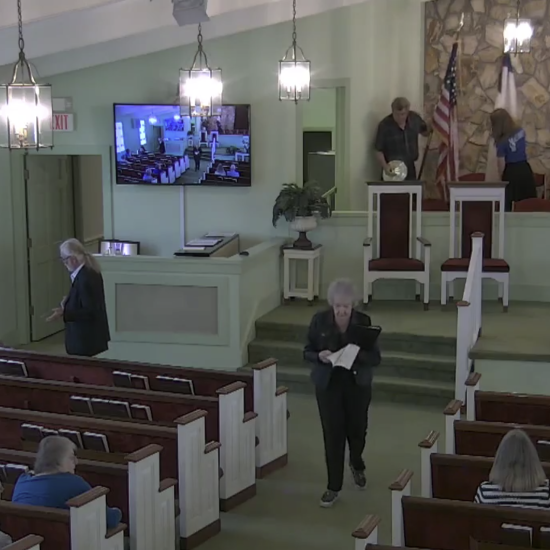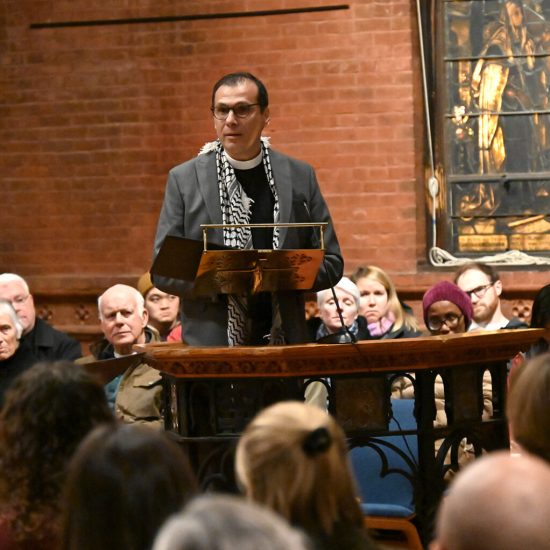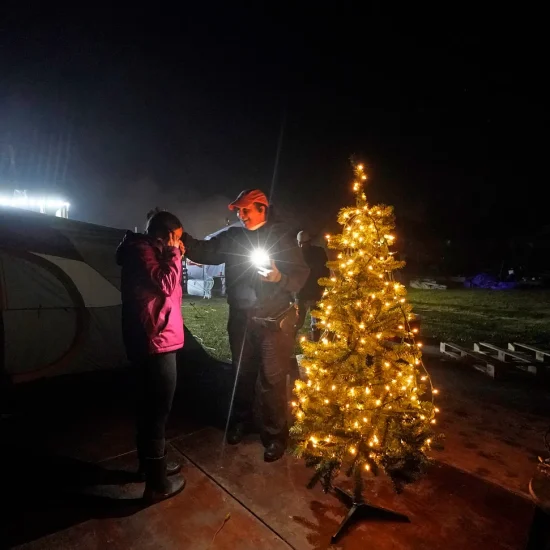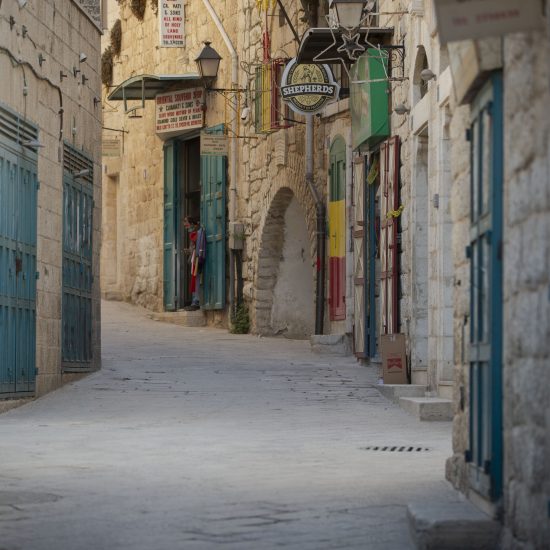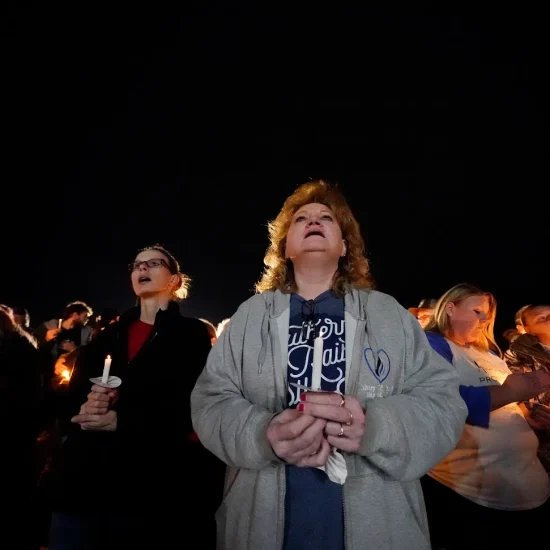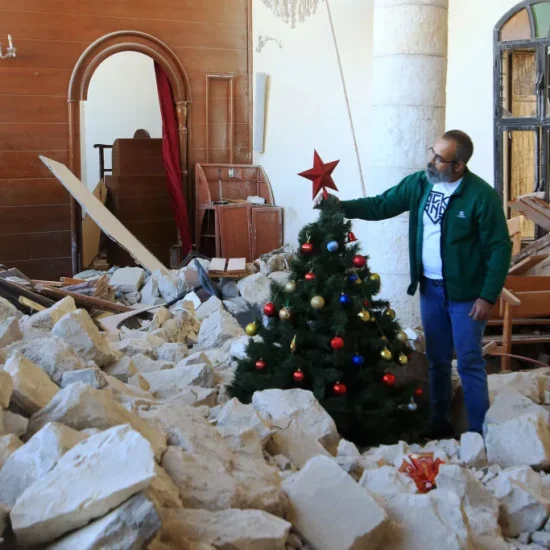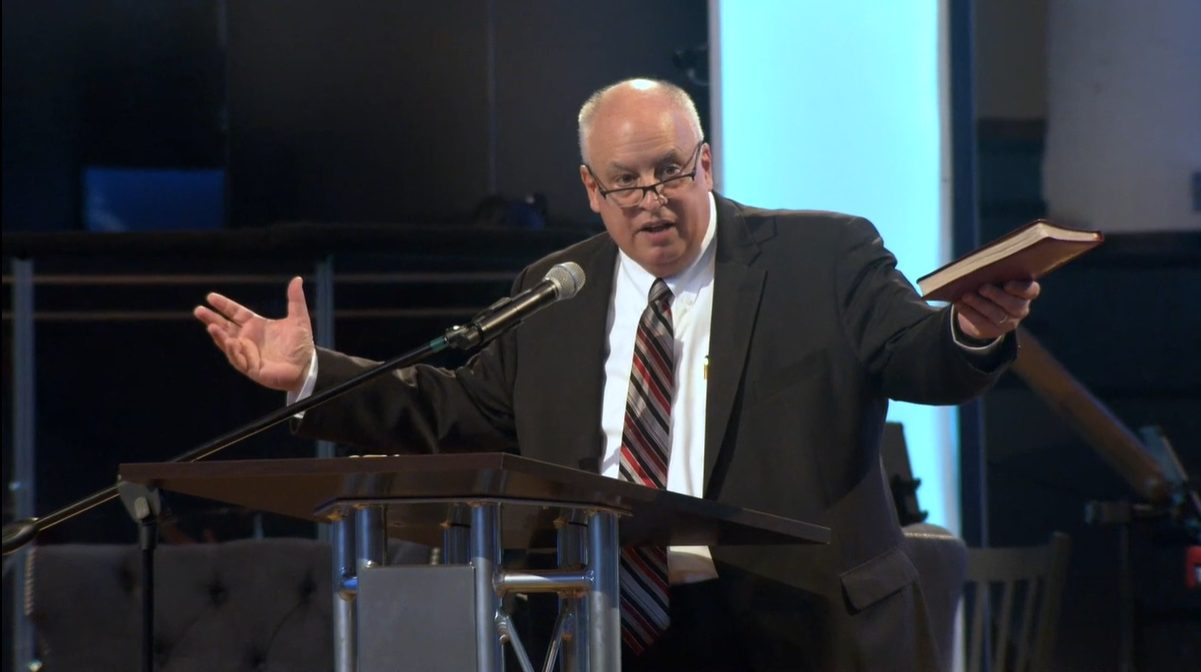
After a weekend of Christmas services earlier this month at First Baptist Church in Hendersonville, North Carolina, at least 75 people contracted COVID-19. The church’s pastor, Steve Scoggins, just finished his tenure as president of the Baptist State Convention of North Carolina, where he led a push for Baptists there to criticize Critical Race Theory.
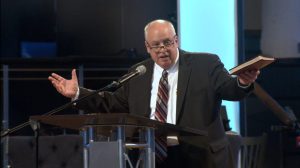
Screengrab as Steve Scoggins gives his president’s address at the annual meeting of the Baptist State Convention of North Carolina on Nov. 10, 2020.
“Our hearts and our prayers go out to all who are dealing with the effects of this virus,” Scoggins and Deacon Chair Robert Bridges wrote in a letter to the church on Tuesday after the outbreak traced to the church’s pageant services on Dec. 4, 5, and 6. “We have tried to call and pray with many in our church who were given positive diagnoses this week. We want to do everything we can to help those who are in need.”
“The current wave of virus infection is so widespread that we must take action out of concern for the safety of our church, our community, and especially those who are most vulnerable in our midst,” Scoggins and Bridges added as they noted the church would pause on-site worship for at least 30 days.
The two also praised medical professionals as “true heroes” as they “are putting to use the many great lessons they have learned in how to treat people.” And the letter praised the new rollout of vaccinations as “God’s way of bringing this pandemic to an end.”
According to local reports, the event included people standing shoulder-to-shoulder while singing and with few wearing masks. Bridges told a local newspaper about the three pageants, “We had a pretty good attendance in each one of them.”
Not only does the CDC recommend social distancing and wearing masks but singing has been noted for months as particularly dangerous for spreading COVID-19.
The Henderson County Health Department announced Thursday (Dec. 17) they had already identified 75 persons who “tested positive as a result of the event” and are still working on contract tracing related to those cases. As news broke locally about the outbreak, the church’s Facebook page became unavailable and the YouTube video of the service was removed.
Elected in 2018 to serve as president of the state convention of Southern Baptists, Scoggins finished his second term last month at an in-person annual meeting. Since the 2020 meeting was abbreviated due to COVID-19, the convention didn’t consider resolutions this year. But the convention’s resolutions committee announced ahead of the meeting its unanimous support for a resolution submitted by Scoggins to criticize Critical Race Theory. The resolution will wait until next year for a full messenger vote.
Since the BSCNC’s support for Scoggins’s resolution, the six presidents of Southern Baptist seminaries released a statement also criticizing CRT. In response, some prominent Black Baptist pastors announced their departure from the SBC.
Religious Exemption
Although the church held large indoor services, it did not violate any laws since North Carolina exempts religious services from its gathering limits. Democratic Governor Roy Cooper’s order on indoor gatherings limits crowds to just 10 people but includes a religious exemption.
“The mass gathering limit and other requirements do not apply to worship, religious, and spiritual gatherings, funeral ceremonies, wedding ceremonies, and other activities constituting the exercise of First Amendment rights,” NC’s Department of Health and Human Services explains about the state order.
The department, however, offered non-binding recommendations for houses of worship that include limiting in-door worship attendance and ensuring social distancing of at least six feet.
“Do not allow singing or choir, as risk of viral spread is increased by increased respiratory effort. In the event singing does occur, ensure members of a choir or music ensemble maintain a distance of at least 6 feet or greater from each other,” the department added.
As lockdowns, gathering limits, and other COVID-related orders started in March, the question of religious exemptions quickly emerged. With houses of worship sparking many COVID-19 hotspots, some church-state experts explained that exemptions weren’t necessary as long as government officials treated houses of worship in the same manner as similar secular events.
Yet, like in North Carolina, many local and state officials offered religious exemptions to gathering limits and mask orders. And even when churches were treated like secular gatherings, some churches violated the limits or sued to challenge the orders.
Cooper actually included religious groups in his size limit on mass gatherings back in the Spring, but two Baptist churches sued. The churches claimed the rules treated them unfairly since retail stores weren’t subject to the same limits, though Cooper argued shopping in a store shouldn’t be considered similar to attending a church service.
“We don’t want churches to become hotspots for this virus,” explained Cooper, who has served as an elder for his local Presbyterian church. “One fundamental tenet of faith is to care for and love one another. When doing these things together, sitting or standing indoors for more than 10 minutes, we greatly increase the chances of passing to each other a virus that can be deadly.”
Unlike many lawsuits in the Spring, the North Carolina one found a favorable judge who overturned the restriction on religious gatherings. Cooper didn’t appeal the ruling and left religious communities exempt in future COVID-related orders.
“The Governor appears to trust citizens to perform non-religious activities indoors (such as shopping or working or selling merchandise) but does not trust them to do the same when they worship indoors together,” Judge James C. Dever III wrote in May. “The court trusts worshipers and their leaders to look after one another and society while exercising their free exercise rights just as they and their fellow citizens (whether religious or not) do when engaged in non-religious activities.”

